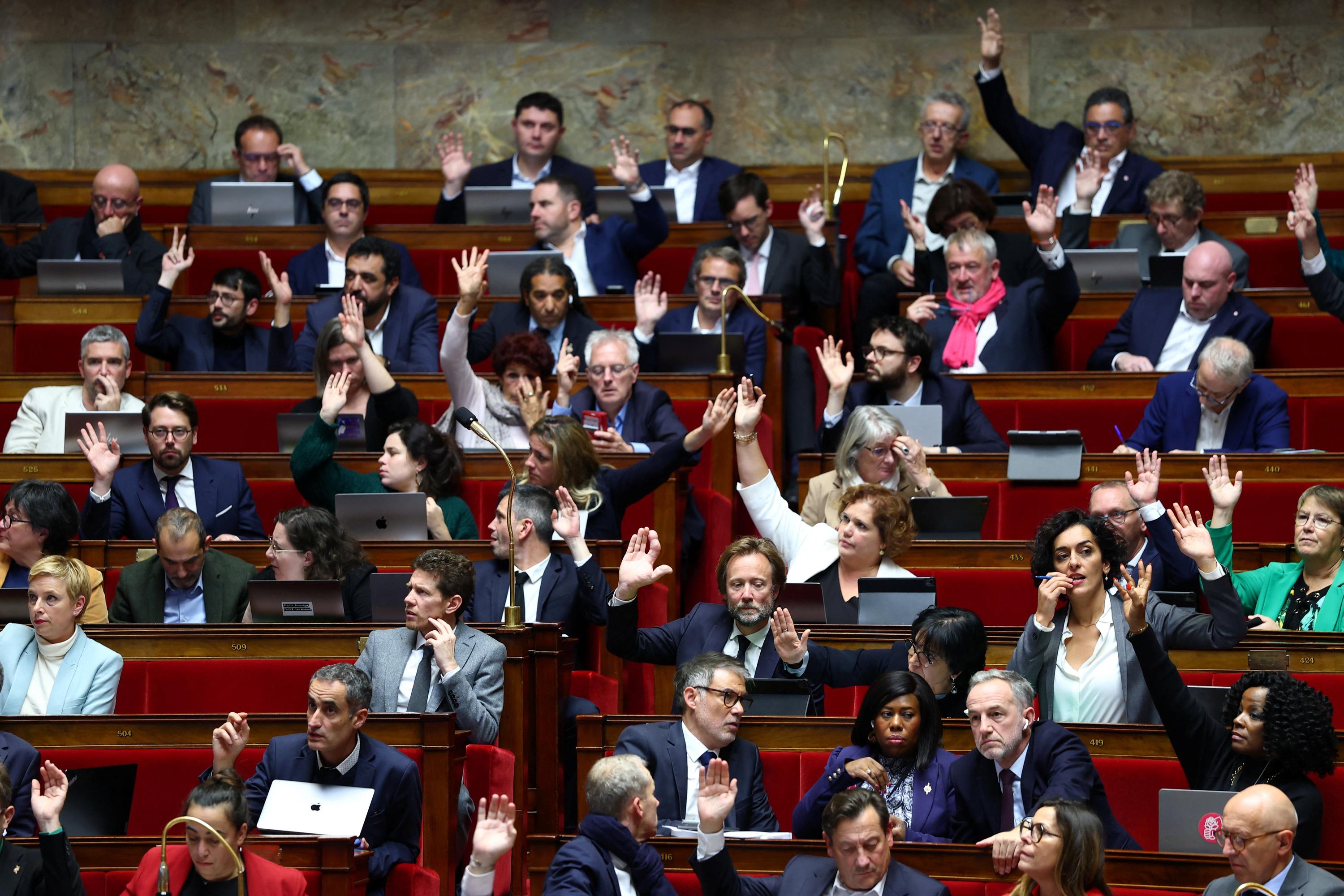Unexpected Cross-Party Alliance Revises France's Real Estate Wealth Tax (IFI)
French deputies from diverse parties unexpectedly united to revise the Impôt sur la fortune immobilière, expanding it to financial assets and excluding primary residences, amid political controversy.
- • An alliance of RN, PS, MoDem, and LIOT deputies approved the IFI revision.
- • Amendment expands IFI to financial assets but excludes main homes.
- • The Zucman tax was rejected earlier, disappointing the left.
- • The government opposes reinstating the former ISF wealth tax.
Key details
In a surprising turn in French fiscal policy, an unexpected coalition composed of deputies from the National Rally (RN), Socialist Party (PS), Democratic Movement (MoDem), and the centrist LIOT group approved a revision to the Impôt sur la fortune immobilière (IFI) on October 31, 2025. This amendment, regarded as transforming the IFI into a "tax on unproductive wealth," modifies the scope of the tax to include financial assets while excluding the value of the primary residence.
The legislative move was spearheaded by MoDem deputy Jean-Paul Mattei and amended by PS deputy Philippe Brun. The motion passed narrowly with 163 votes in favor versus 150 against, catching many off guard in the French National Assembly. The new provisions set the exemption threshold at 1.3 million euros, despite earlier attempts to increase it to 2 million euros, and aim to tax so-called “improductive assets.”
This revision replaces the previously abolished wealth tax (ISF) but has sparked controversy. Left-wing parties such as La France Insoumise (LFI) and Renaissance opposed the measure, disappointed by the rejection of the Zucman tax earlier the same day, which was seen as more comprehensive by the left. Insoumis deputy Éric Coquerel condemned the amendment as a weakening of the IFI and criticized its failure to reinstate the ISF fully.
Government officials remain firmly against reinstating the ISF, contributing to parliamentary tensions. Renaissance deputy Prisca Thévenot criticized the amendment as a "tax designed by Marine Le Pen," contesting claims that it represented a return to the former wealth tax. Meanwhile, Philippe Brun from the PS and others celebrated the legislation as a restored form of wealth taxation.
This rare alliance among the RN, PS, and MoDem underscores shifting political dynamics in France’s approach to wealth taxation, as debates continue over balancing fiscal fairness and economic incentives.
This article was translated and synthesized from French sources, providing English-speaking readers with local perspectives.
Source articles (2)
Source comparison
Latest news
Pau's Local Election Campaign Gathers Momentum Amid Broader Political and Economic Concerns
French Companies and Regions Accelerate Efforts in Nature-Related Economic Transition
France Heightens Military Readiness Amid Iran Conflict, Pledges Defense Support to Gulf States
Jean-Luc Mélenchon Faces Accusations of Antisemitism Over Joke on Raphaël Glucksmann's Name
Tensions and New Faces Mark the 2026 French Municipal Elections
France Bolsters Military Presence in Gulf Following Iranian Drone Attacks
The top news stories in France
Delivered straight to your inbox each morning.


